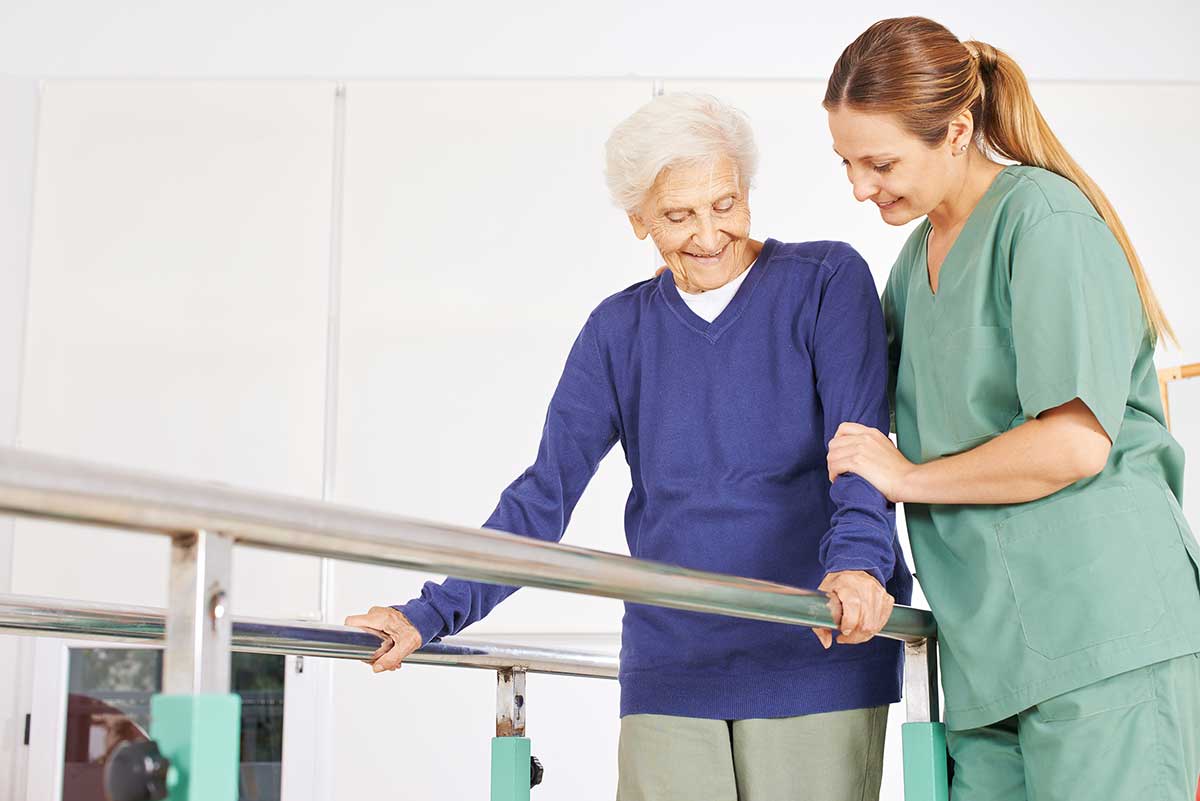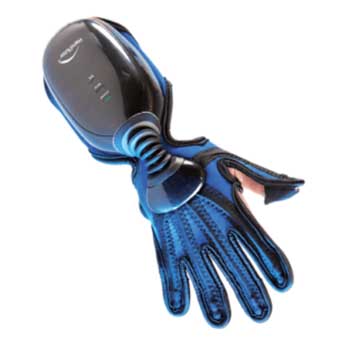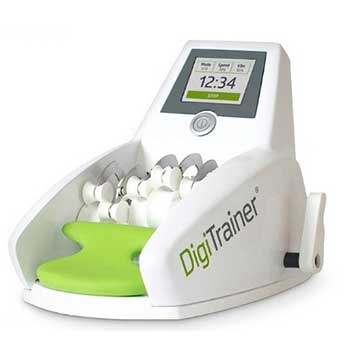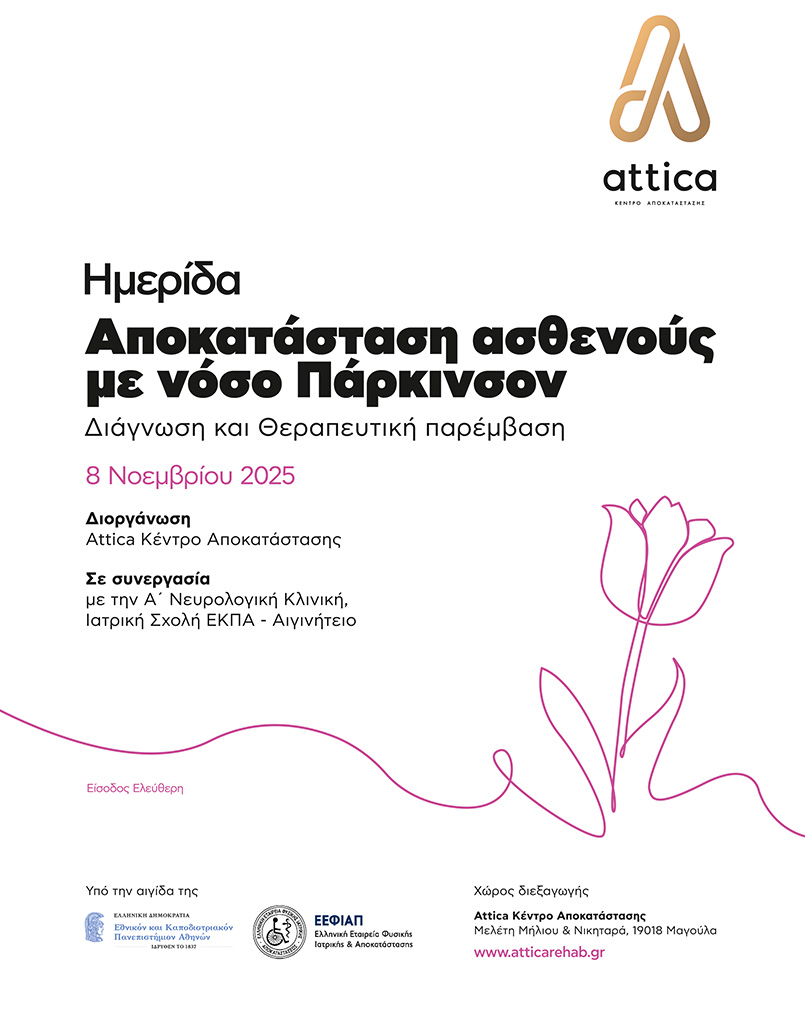Its application is based on the belief that purposeful activities, selected for their therapeutic value, are essential for recovery. Occupational Therapists use these activities to help patients develop abilities they previously lacked or regain skills that have been lost or diminished, enabling them to restore functionality in work, recreation, self-care, and social life. Occupational Therapy draws knowledge from Medicine, Psychology, Sociology, Anthropology, and other disciplines. Occupational Therapists carefully analyze physical, environmental, psychosocial, spiritual, emotional, political, and cultural factors to identify barriers to performing daily tasks. These interventions can be delivered individually or in group settings. An innovative rehabilitation system for upper limb motor disorders. It consists of an ergonomic glove with motion sensors in each finger and the wrist, connected to a computer with MediTutor software. The software uses visual and auditory feedback to assist patients in retraining fine hand movements. A therapy device for motor and sensory rehabilitation of the hands and fingers. It mobilizes fingers with limited motion and helps in treating high muscle tone. The work of Occupational Therapists


The main areas of Occupational Therapy intervention include:
At the Attica Rehabilitation & Recovery Center, there is a fully equipped Occupational Therapy Department that features:
Cutting-Edge Technology in Occupational Therapy

HAND TUTOR

DIGI TRAINER
- Home
- Attica
- Meet The Team
- Conditions
- Specialized Clinics
- Multiple Sclerosis Clinic
- Clinic for Muscle Tone Disorders and Spasticity
- Clinic for Neurogenic Bladder & Neurogenic Bowel
- Sports Injuries Department
- General Physical Medicine and Rehabilitation Clinic
- Cognitive Rehabilitation Clinic
- Balance & Gait Re-education Clinic
- Biomedical Acupuncture Clinic
- Speech Disorders Clinic
- PRP Injection Clinic
- Technological Innovations
- Services
- News
- Contact


